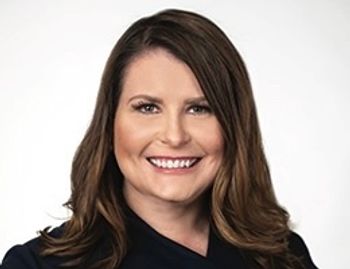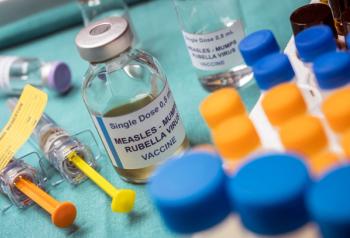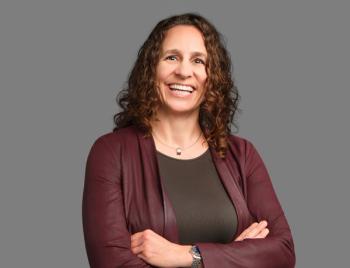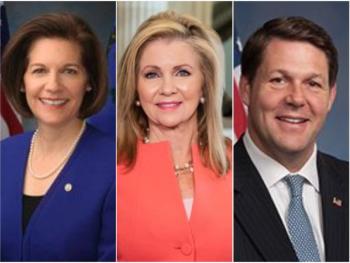
RFK Jr. changes covid vaccine guidance, and health leaders are ‘extremely disappointed’
Robert F. Kennedy Jr. said the government is no longer advising the shot for pregnant women and healthy kids. Critics are worried about a loss of access and are urging insurers to maintain coverage.
The federal government is no longer advising pregnant women and healthy children to get the coronavirus vaccine, and critics say they’re worried about a lack of access to the shots and greater health risks to mothers and babies.
“I couldn’t be more pleased to announce that as of today, the Covid vaccine for healthy children and healthy pregnant women has been removed from the CDC recommended immunization schedule,” Kennedy said.
“There’s no evidence healthy kids need it today,” Makary added.
The move comes just a week after President Trump’s administration said
Nonetheless, the Centers for Disease Control & Prevention’s website said Tuesday night that adults and children should get the coronavirus vaccine.
“Everyone ages 6 months and older should get a 2024–2025 COVID-19 vaccine,” the CDC
'It takes away choices'
The Infectious Diseases Society of America criticized Kennedy’s announcement and warned that it threatened access to vaccines for pregnant women who can be at risk for Covid-related complications. The group represents 13,000 doctors, scientists and public health leaders.
Tina Tan, MD, the president of the Infectious Diseases Society of America, said Kennedy’s announcement “does the opposite of what Americans have been asking for when it comes to their health — it takes away choices and will negatively impact them.”
“Many health insurers rely on federal recommendations to determine coverage, and this decision could make it significantly harder for millions of Americans to access vaccines they want for themselves and their families,” Tan said in a
Steven J. Fleischman, MD, president of the American College of Obstetricians and Gynecologists, said the organization is “extremely disappointed by the announcement.”
“As ob-gyns who treat patients every day, we have seen firsthand how dangerous COVID-19 infection can be during pregnancy and for newborns who depend on maternal antibodies from the vaccine for protection,” he said in a
'Worried about our patients'
Kennedy’s announcement also raised questions because it didn’t come following a review from the CDC explaining the rationale for the revised guidance.
“It is concerning that such a significant policy change was made unilaterally outside an open, evidence-based process with no regard for the negative impact this will have on millions of Americans,” Tan said.
Many children typically experienced only mild symptoms with a Covid infection, and often kids had less problems than adults with the virus, doctors say.
Still, 234,000 children under the age of 18 were hospitalized with covid from the fall of 2020 through the spring of 2024, according to an analysis of
The American College of Obstetricians and Gynecologists points to protection for infants from vaccinated mothers, and that most hospitalized infants under the age of six months are born to unvaccinated mothers.
The ob-gyn group is worried that fewer will choose the vaccine, and that those pregnant women who want it may have trouble getting it.
“Following this announcement, we are worried about our patients in the future, who may be less likely to choose vaccination during pregnancy despite the clear and definitive evidence demonstrating its benefit,” Fleischman said. “We are concerned about access implications and what this recommendation will mean for insurance coverage of the COVID-19 vaccine for those who do choose to get vaccinated during pregnancy."
Fleischman said the group is also worried about "the potential deterioration of vaccine confidence in the future.”
Sanjay Gupta, MD, CNN’s chief medical correspondent, points out that children often have had little trouble fighting off the virus and there is greater immunity now. But he also said the coronavirus changes from year to year, and unlike the measles vaccine which can provide protection for life, which drives the thinking for getting more regular Covid shots.
Kennedy, who has a long record
During hearings before members of Congress this month, Kennedy ultimately said people should have their children get the measles vaccine, but he often sparred with lawmakers who pressed him for clear guidance.
Some lawmakers have also chafed at new federal vaccine guidelines since Kennedy became health secretary.
The health department recently announced that






















































































